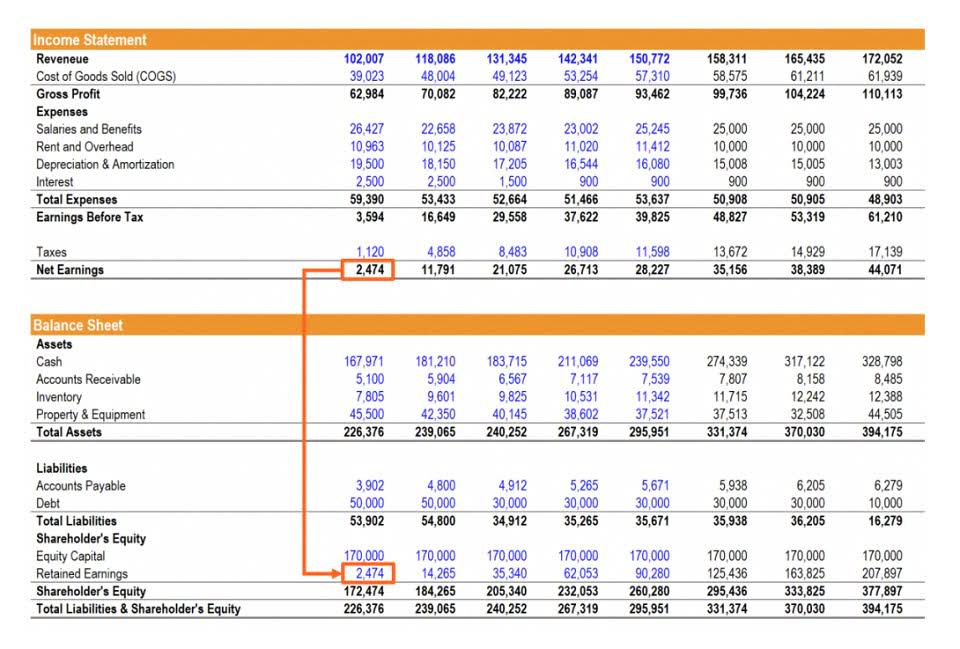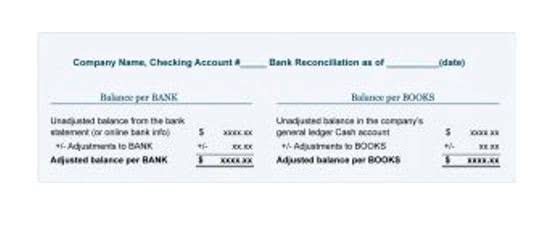Accrual vs Accounts Payable: What’s the Difference?

Understanding this difference helps you accurately assess your company’s short-term debt obligations. Imagine your company’s employees work during June but receive their payroll on July 1st. Those June wages are an accrued expense at the end of June, even though the actual payment occurs in July. At month-end, the bakery owes the electric company, but the invoice hasn’t arrived. The bakery estimates the cost and records it as an accrued payable, ensuring its financial statements accurately reflect the expense for that period. For more support in managing these financial details, explore FinOptimal’s ledger account Accruer software.
- Once an accrued expense receives an invoice, the amount is moved into accounts payable.
- Accrued expenses might sound like accounting jargon, but they’re key to understanding your company’s financial health.
- Regularly reviewing your AP and accrued expenses provides valuable insights into your company’s financial health.
- For businesses looking to automate their accrual accounting processes, consider exploring FinOptimal’s managed accounting services.
- Without it, it would be like trying to judge your finances only by looking at what’s in your checking account right now, without considering your bills or the money others owe you.
Recording Timing

When you have a clear understanding of your financial obligations, including accrued expenses, you’re in a stronger position to negotiate with vendors. Knowing exactly what you owe and when allows you to manage your cash flow effectively and potentially negotiate more favorable payment terms. This transparency can also build trust with your vendors, fostering stronger, more mutually beneficial relationships. Accurate expense tracking gives you a complete picture of your company’s short-term liabilities, critical for informed financial decisions.

Navigating Compliance and Reporting for Accrued Payables

Additionally, you can download the month-end close checklist and the vacation accrual example spreadsheet to assist you in your day-to-day accounting tasks. Or they might be goods and services that you’ve received but not yet been invoiced for by the supplier. These expenses are often linked to ongoing costs your business needs to account for consistently, such as salaries, taxes, and interest on business loans. Business owners have to decide which reporting method (cash or accrual) to use for tax purposes and then stick with that. The Stationery expense account in the bookkeeping system has been increased by the addition of the box of paper. This bill is now in your bookkeeping system and is coded to the stationery expense account but has not been paid yet.
What is Accounts Payable?
- This differs from cash basis accounting, which recognizes transactions only when cash is received or paid.
- The cash-basis method is much less accurate than the accrual, although it seems to be more popular among small business owners.
- Accrued assets are recorded as an asset on the balance sheet and are recognized as revenue on the income statement.
- Because the firm expects to make payments on these expenses in the future, the accountant for the firm may choose to itemize these expenses within the firm’s financial books.
- This helps to provide a more accurate picture of the company’s financial position and performance.
Accrued payables, however, are recognized at the end of an accounting period, even if you haven’t received an invoice yet. This timing difference is fundamental to accrual accounting, which aims to match revenues with the expenses incurred to generate them. The timing of liability recording determines how accurately a company’s financial health is portrayed. Cash Flow Management for Small Businesses For accrued expenses, recording follows the accrual accounting framework, ensuring expenses are recognized in the same period as the revenues they support, even if cash payment occurs later. This method aligns with GAAP and IFRS and provides a more accurate depiction of financial performance. Accruals are an important component of a company’s balance sheet, which provides a snapshot of the company’s financial position at a particular point in time.

- While cash basis accounting might seem easier in the short term, accrual accounting offers greater long-term benefits for financial analysis and planning.
- Each month, the business records 1/12 of expense as the service has now been delivered.
- They are a way of matching expenses to revenues in the period in which they occur, rather than when cash is exchanged.
- This differs from accounts payable, which are obligations to pay, based on invoices received from suppliers and recorded in the accounting system.
- They’re recognized under the accrual method of accounting at the time they’re incurred, not necessarily when they’re paid.
- Account payables are specified as current liabilities in the balance sheet of a business entity.
- Generally, accrued expenses correspond to the operating expense line item, whereas accounts payable is typically more related to the cost of goods sold (COGS) line item on the income statement.
Explore resources like those offered by FinOptimal to learn more about the benefits of accounting automation. Accruals affect financial statements by increasing current liabilities on the balance sheet and decreasing net income on the income statement. This is because accruals represent expenses that have been incurred but not yet paid, which reduces the amount of income that is recognized in the period. Accurate and timely accrual accrued expenses recording is crucial for maintaining compliant and reliable financial records. Think of it as tying up loose ends before closing the books for the month or year. Understanding the different types of accruals and their deadlines is crucial for accurate financial reporting.

